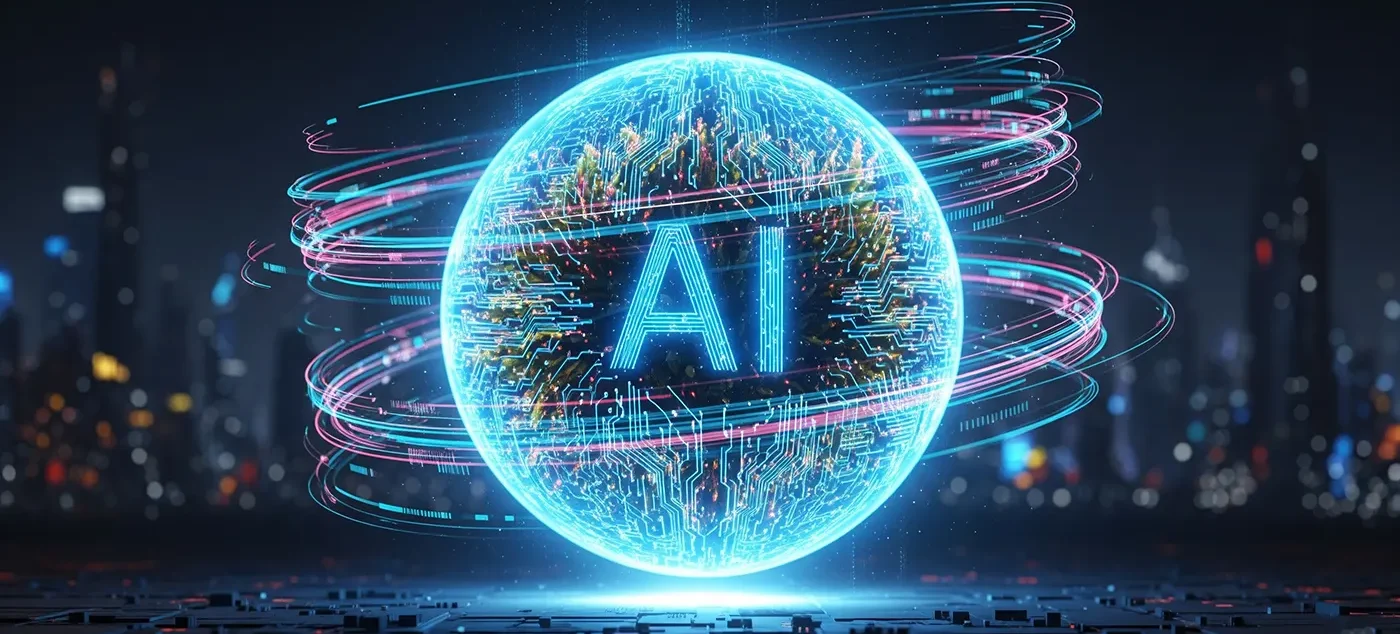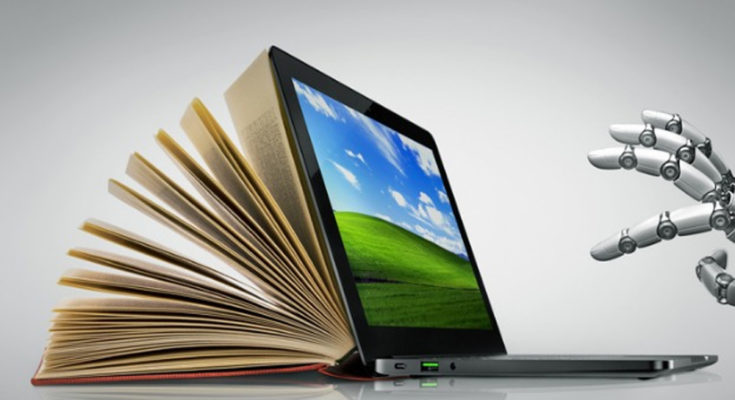Information technology in the strictest sense is a new science in gathering, storing, processing, and transmitting information. Information is the source of life for complex and increasingly important industrial societies. A recent study by the Information Technology Advisory Panel placed the number of people employed in the “tradable” information sector (publishing, consulting, online data services, etc.) in about 5 percent of the INDIA workforce. But on the broader definition of the information sector, by taking all banking and insurance, central and local governments, and education and training, it is clear that 40-45 percent of the INDIA workforce is the directory involved in information processing. And because we all use information at one time or another, no one will not be touched by the IT revolution.
Personal computers have lined up to offices, where new information technology has replaced documents and increased productivity, customer service, and job satisfaction for some. The world of banking, retail, and financial services has been transformed by IT – because, after all, money is just information. There is no type of commercial service or public utility that remains untouched by computers or new technology.
At the global level, we must consider the impact of IT on the Third World and the possible exacerbation of North-South differences. Some argue that less developed countries now have the opportunity to leapfrog developed countries, but more likely, IT will only increase the obsolescence of their industries, services and development strategies.
BCA courses are one of the IT programs through which we can enter information and technology. This is a degree program three years after 10 + 2. It provides knowledge of entry-level office skills, computer basics, basic programming, computer graphics and multimedia packages. It gives knowledge about software engineering.
There are many other programs such as online MBAs in IT, MS in Information Technology that provide exceptional careers in IT.


